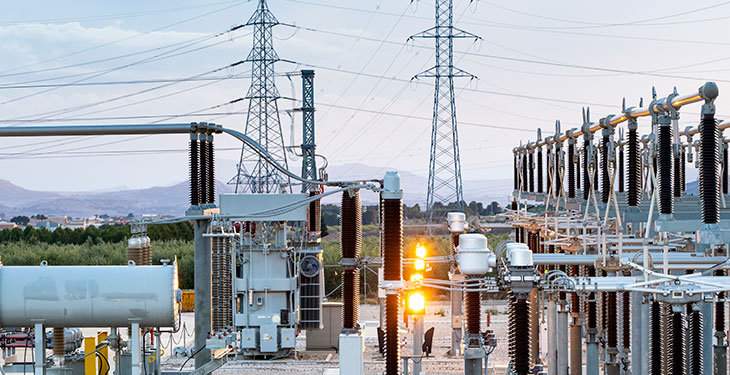The European Commission considers the Integrated National Plan in the field of Energy and Climate Change proposed by Romania to be insufficiently ambitious and recommends supplementing the financing of green energy projects through the Recovery and Resilience Fund.
The final version of PNIESC maintains a target of 30.7% of renewable energy in final consumption, compared to the minimum of 34% recommended by the European Commission, according to Bankwatch.
Another category that Romania can improve refers to energy efficiency. The plan envisages primary energy consumption at a level of 32.3 Mtoe in 2030, which will generate an energy saving of 45.1% compared to the PRIMES 2007 baseline scenario, and final energy consumption will decrease to a level of 25.7 Mtoe in 2030, although the average final consumption for the period 2016-2018 is of 22.9 Mtoe. These targets are far too low to contribute to the overall European energy efficiency target of 32.5%, and the measures and policies envisaged need to be supplemented and defined much more clearly.
At the same time, in terms of fair transition, Romania is recommended to perform a social impact analysis that is currently missing from PNIESC, in order to anticipate the number of jobs affected by the green transition in the mining regions of Hunedoara and Gorj.
The European Commission therefore suggests using dedicated pandemic recovery funds for green energy investments and reforms to supplement the funds provided for in PNIESC.
A first version of Romania’s Relaunch and Resilience Plan (PNRR) is due to be published this month. According to the existing regulatory framework for the elaboration of PNRR, among the projects eligible for financing are those for the development of natural gas distribution systems, while investment projects in renewable energy sources were not included. The continuation of investments based on fossil fuels is also provided in the final version of PNIESC, which also keeps coal in the energy mix after 2030. In this way, Romania does not implement the ecological transition, despite the considerable funding sources available.
“Each Member State must contribute equitably to the targets set at European level. Romania has the opportunity and the necessary funds to effectively plan its energy transition. This means giving up unsustainable investments in fossil fuels and the commitment of all political actors,” said Laura Nazare, energy transition campaigner, Bankwatch.
Earlier this week, the European Parliament’s Environment Committee voted to exclude fossil fuel funding from the Recovery and Resilience Fund. The amendment is also to be voted on in Parliament and negotiated with the heads of the member states, but it is another step that demonstrates the EU’s commitment to achieving climate neutrality.
